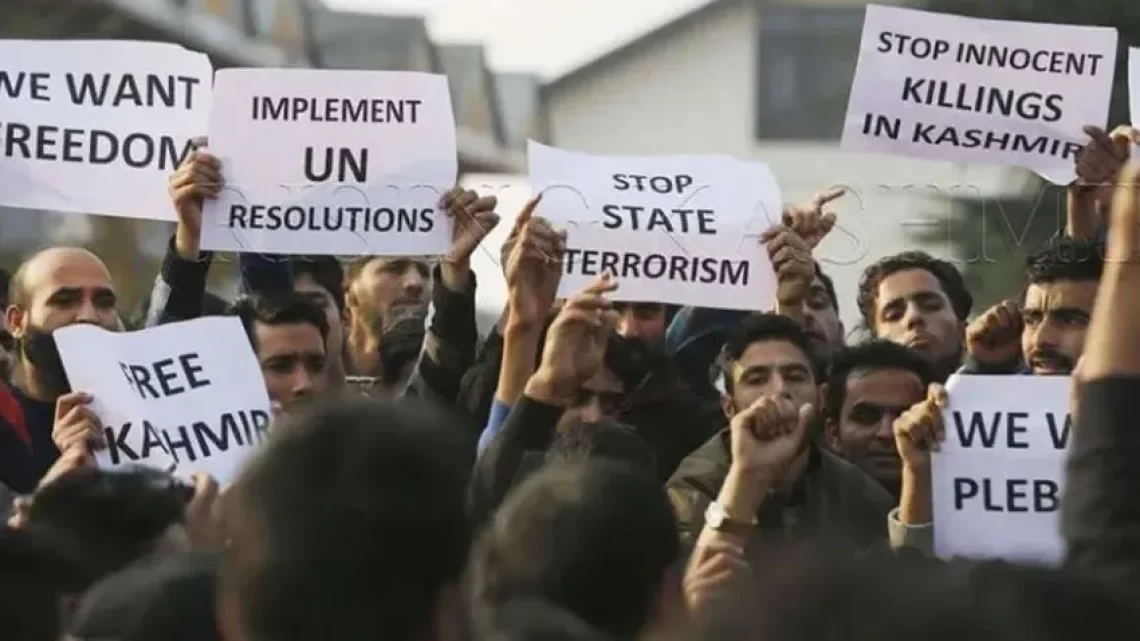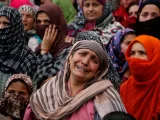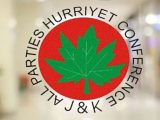
BJP is Misleading the World by Portraying False Normalcy in IIOJK
March 8, 2024In the disturbed region of Indian illegally occupied Jammu and Kashmir (IIOJK), the Hindutva-led Bharatiya Janata Party (BJP) government persists in disseminating propaganda, attempting to paint a deceptive picture of normalcy returning to the region. However, insights from political analysts in Srinagar shed light on the stark reality that contradicts India’s claims.
The analysts argue that the prevalent atmosphere in IIOJK, characterized by persistent cordon and search operations, house raids, road frisking, detentions, draconian laws, property seizures, and the suspension or termination of government employees, dismantles India’s narrative of normalcy. The region, they contend, has been transformed into an open prison and cantonment zone by Indian troops.
Highlighting the gravity of the situation, the experts assert that the BJP-led government, both in India and IIOJK, has systematically curtailed the fundamental rights of Kashmiris, suppressing their right to live and voice. Despite efforts to project an illusion of tranquillity, the ground reality contradicts these assertions, with the analysts asserting that normalcy remains elusive in the territory.
Calling for international attention, the analysts urge the global community to press India to allow United Nations observers and human rights organizations to visit IIOJK. Such visits, they argue, are essential to objectively assess the ground situation, allowing Kashmiris to determine their future through a fair and impartial process. The analysts stress that without resolving the Kashmir dispute, peace and stability in South Asia will remain distant aspirations.
Further emphasizing their stance, the political analysts advocate for the immediate release of all political prisoners, including prominent Hurriyat leaders, youths, and activists, currently languishing in various jails in India and IIOJK. They assert that these individuals have been unfairly detained as part of a broader pattern of suppressing dissent and opposition.
The analysts draw attention to the unfulfilled promise of a plebiscite made to the people of Kashmir, renewing their demand for the realization of this commitment. They characterize the ongoing repression as a “systematic reign of terror” in the Vale of Kashmir, emphasizing the severe political repression evident in the region.
In a distressing appeal to the United Nations, the analysts stress the organization’s special responsibility in bringing peace to Kashmir. They reference India’s commitment in 1947-48 to enabling the people of Kashmir to decide their future through an impartially supervised plebiscite based on their inherent right to self-determination. The analysts call upon the UN Secretary-General to exert pressure on the Indian government for the unconditional release of political prisoners, underlining the names of key figures currently held in custody.

